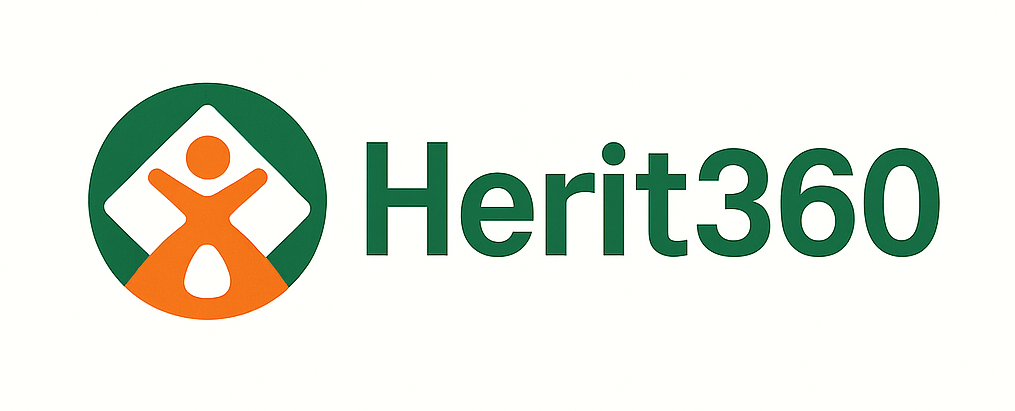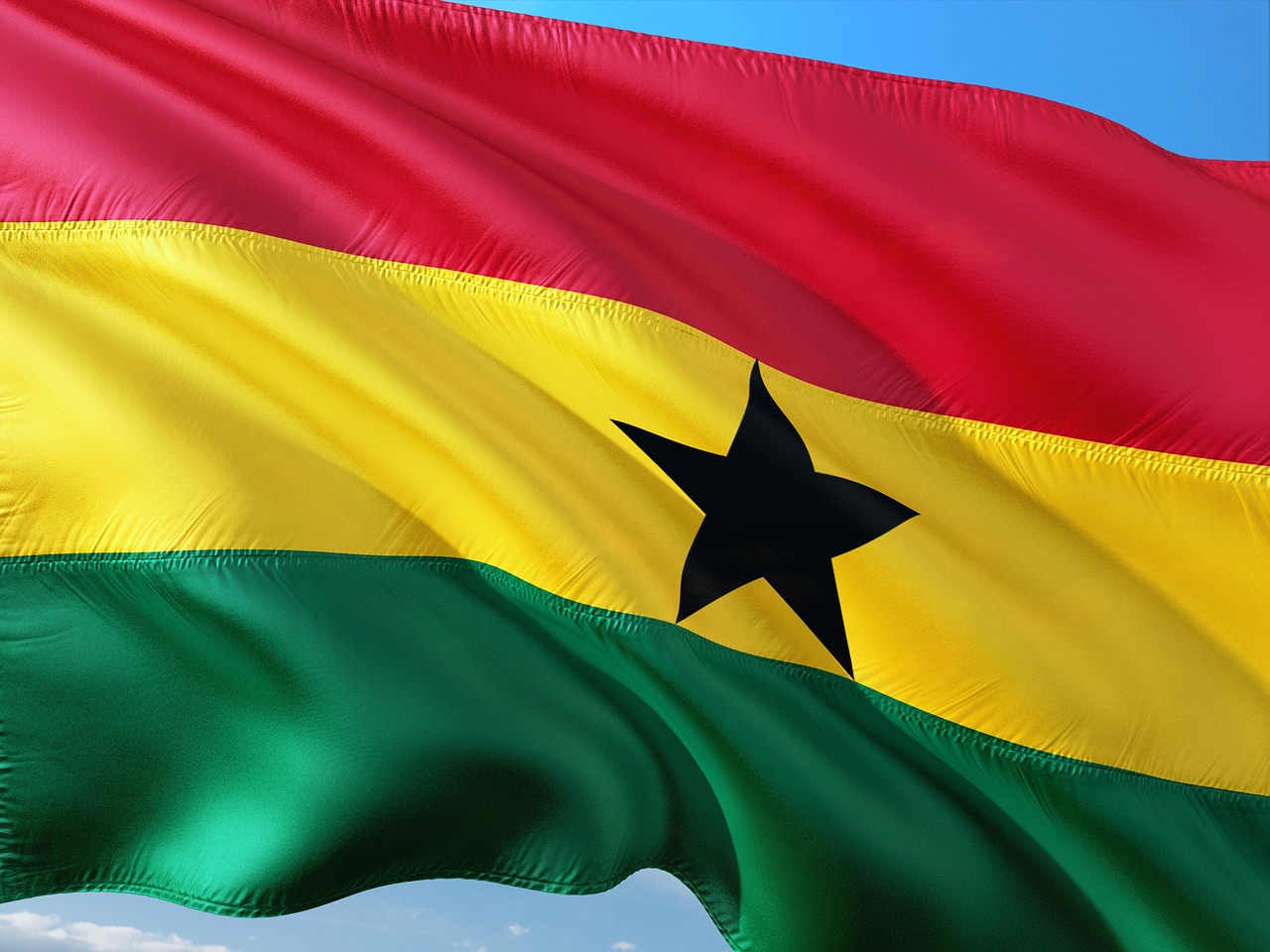
Greeting Culture in Ghana: Beyond Just Hello
In Ghana, greetings are not merely polite; they are the cornerstone of social harmony, respect, and identity. Whether in urban centers or rural villages, how you greet someone carries deep significance.
1. The Right-to-Left Handshake with a Snap
- Handshakes are widespread but not just any handshake. After shaking hands, Ghanaians twist and snap their middle fingers together as hands part a sign of warmth, connection, and cultural flair.
- Always initiate greetings from the rightmost person, moving leftwards; this order ensures respect through proper palm-to-palm contact.
2. Use of the Right Hand Only
- The right hand is the only hand used for greeting, eating, giving, and receiving. The left hand is culturally associated with uncleanliness and is avoided in social interactions.
- If your right hand is occupied, apologize and proceed with the left hand with care. Ghanaians appreciate the effort.
3. Greetings Are the Entry Point
- Always greet everyone present, including children, before beginning any conversation. Ignoring someone; even a child is considered impolite.
- When entering a home or social space, greet the eldest first, then work your way across the group.
- Greeting is expected before departure, reinforcing respect and closure. At family gatherings, farewells are often done individually.
4. Respect Through Address and Gesture
- Use honorifics like “Sir,” “Madam,” “Auntie,” or “Uncle”, even for strangers or elders. Formal titles show respect.
- In rural or traditional settings, more formal gestures apply: removing hats before greeting, standing straight, or kneeling for chiefs or elders may be required.
5. Language and Pleasantries Matter
- Even though English is official, using local greetings goes a long way: Examples in Twi
- Maakye – Good morning
- Maaha – Good afternoon
- Maadwo – Good evening
- Wo ho te sen? – How are you?
- Onyame na adom me hu ye – By the grace of God, I am fine
- Medaase – Thank you
– These small attempts earn smiles and goodwill.
6. Why It Matters
- Greeting norms underscore Ghanaian values of communal respect, humility, and social harmony. Each act; right-hand handshake, careful address, even choice of words reflects cultural pride.
- Skipping greetings or using improper gestures can leave negative impressions or even offend. Learning the local greeting style opens social doors.
Quick Reference Table
|
Situation |
How to Greet in Ghana |
|
Everyday interaction |
Right-to-left handshake + finger snap, smile, ask “How are you?” |
|
Elderly or authority |
Use titles (Sir/Auntie), remove hat/cap, possibly bow/kneel |
|
Group events |
Greet eldest first, then proceed across the group |
|
Language use |
Use English or local phrase (“Maakye”, “Medaase”) |
|
Handling items |
Always use right hand; if not, apologize and proceed carefully |
In Ghana, greeting customs are layered with respect, cultural nuance, and social expectations. Mastering them shows appreciation for tradition and earns you a place in hearts and conversations.
Related content
Interdum et malesuada fames






